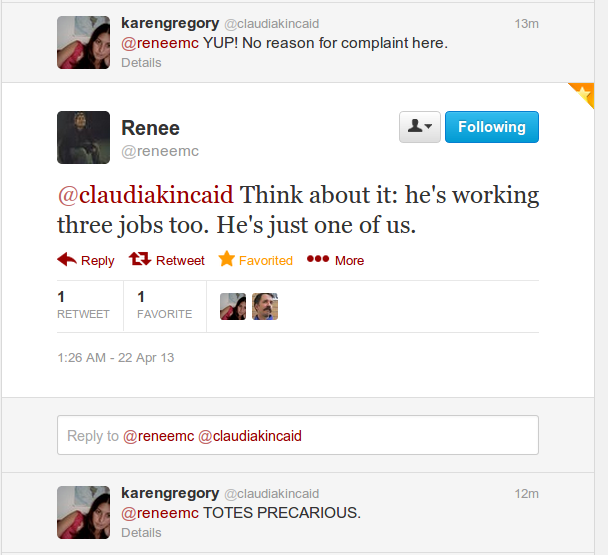God Bless Benno Schmidt
I love Benno Schmidt. He’s the chair of the Board of Trustees of CUNY, where I teach, and a former president of Yale. More important, he’s a man who’s spent so much time in the business world that he’s no longer capable of leaving anything to the imagination. So you get from him a refreshingly crude form of honesty that you ordinarily don’t find in academia. Certainly not in university leaders, who are so adept at making themselves misunderstood that you’d think they were trained by apparatchiks in the former Soviet Union. Or Straussians.
Anyway, Benno was interviewed by the New York Post about his plans for CUNY Chancellor Matthew Goldstein, who’ll be retiring at the end of the year. Long story short: Schmidt wants to make things nice for Goldstein. Even though CUNY’s faculty are badly paid, even though most of the teaching is done by adjuncts who are really badly paid—like, horribly paid (they’re treated even worse)—Benno’s got his eyes on the prize: making sure Matt has a nice sendoff and a sweet retirement.
Our union at Brooklyn College has a blog, which you should be checking out regularly, and they reproduced the Post article. Here are some highlights:
CUNY is planning a golden parachute for Chancellor Matthew Goldstein.
…
“We’ll craft a special package for Matt,” Schmidt told The Post….
…
Goldstein, a former math professor and president of Baruch College, currently gets $490,000 a year in salary, plus a $90,000 housing allowance.
Schmidt said the post-retirement salary would be less, but the board is “going to want to be on the generous side.”
“I think he’s been underpaid as chancellor…
…
But Goldstein has other income. While chancellor, he has served since 2003 as a funds trustee at JPMorgan Chase & Co., which paid him $325,000 in 2011. Last December, the board overseeing mutual funds elected Goldstein its new chairman, a post that paid his predecessor $500,000 in 2011.
He is also entitled to a New York state pension.
Schmidt acknowledged that Goldstein’s post-retirement pay is likely to stir controversy among students and faculty members amid tuition hikes and budget cuts, but said private funds may subsidize the salary.
See what I mean? As crude as the day is long.
Update (8:20 pm)
Karl Steel directed me to this hilarious exchange on Twitter about Goldstein’s employment situation.
Update (April 22, 11 am)
In the comments section, Tim Shortell makes this astute observation:
One of the lessons when I teach stratification is how members of the elite are socialized into believing that they deserve extraordinary privilege. So the chair of the CUNY Board can say without irony that the Chancellor is underpaid and needs to be taken care of. Benno acknowledges that this might be “controversial” but what is left unsaid is he thinks it is because faculty, staff, and students just don’t see how deserving Goldstein is. That kind of class solidarity doesn’t happen by accident; you need a lot of people telling you how great you are, over and over, so that you start to believe it yourself.
